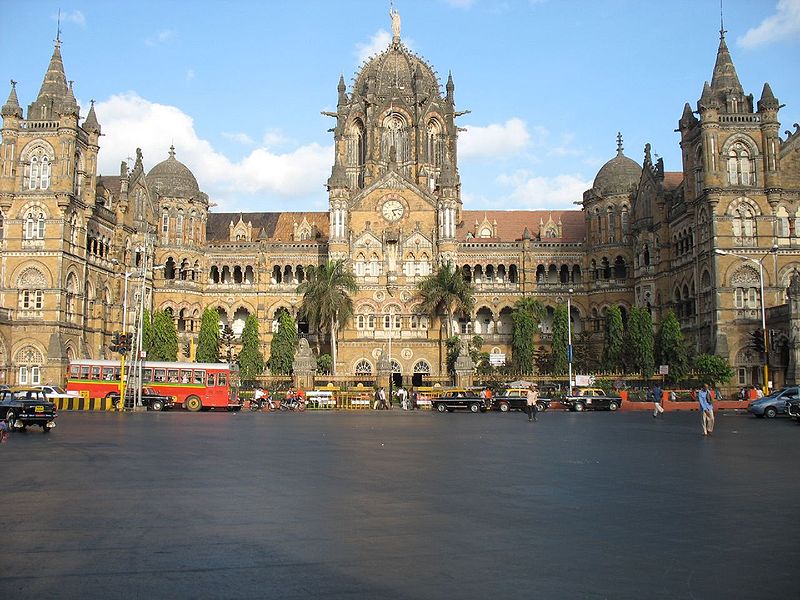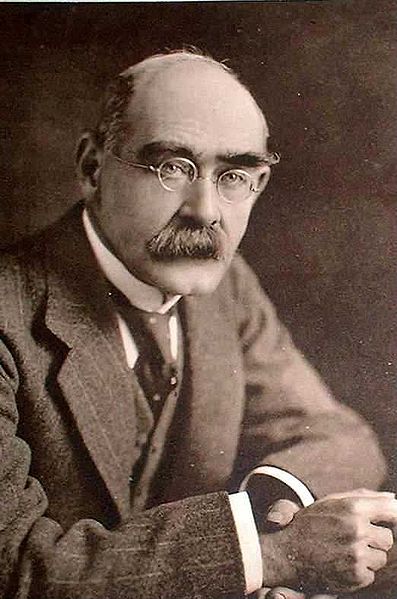From Africa to Asia: Paco asked the train ticket inspector how long the journey to Mumbai took
After visiting Delhi, the capital of India, Agra, Calcutta and the Himalayas, Paco now arrives in Mumbay, an extraordinary and miscellaneous city.
This topic is mainly focused on questions in reported speech and question reporting verbs.
Paco is learning a lot about India. He had no idea of what this amazing country was like.
When he finally took the train from Shimla to Mumbai, Paco asked the train ticket inspector how long the journey took.
A group of young people was sitting by his side. Paco asked them if the train would arrive in Mumbai on time. They laughed a lot, then they answered that trains in India are never on time.
 |
 |
 |
| By Nil pat13. C. Commons. | By Indianhibilly. C. Commons. |
By King Zebu. C. Commons. |
But after a few hours, Paco asked them about the city. He asked them if they knew anybody in Mumbai who could guide him throughout the city. Paco was really lucky. Shandy, one of the girls in the group, was studying at the university and she was pleased to work as a tourist guide for a few days. The University of Bombay was established at the Fort Campus in 1857. That is the way Paco met Shandy, a nice attractive Indian student.
Reporting Verbs
When using reported speech, most students learn to use say and tell:
Paco told me (that) he was going to stay abroad for a long time.
Sonia said (that) Paco wanted to visit his parents at Christmas.
These forms are perfectly correct for reporting what others have said. However, there are some other reporting verbs which describe more accurately what someone has said. These verbs take a variety of structures. In the list below you can find some reporting verbs divided into different categories based on sentence structure. Notice that certain verbs can take more than one form.
 |
| Unknown author. Public domain. |
Joseph Rudyard Kipling (30 December 1865 – 18 January 1936) was a British author and poet. Born in Bombay, in British India, he is best known for his works of fiction The Jungle Book (1894) (a collection of stories which includes Rikki-Tikki-Tavi), Kim (1901) (a tale of adventure), many short stories, including The Man Who Would Be King (1888); and his poems, including Mandalay (1890), Gunga Din (1890), and If— (1910). He is regarded as a major "innovator in the art of the short story"; his children's books are enduring classics of children's literature; and his best works speak to a versatile and luminous narrative gift.
Kipling was one of the most popular writers in English, in both prose and verse, in the late 19th and early 20th centuries.The author Henry James said of him: "Kipling strikes me personally as the most complete man of genius (as distinct from fine intelligence) that I have ever known." In 1907, he was awarded the Nobel Prize in Literature, making him the first English language writer to receive the prize, and to date he remains its youngest recipient. Among other honours, he was sounded out for the British Poet Laureateship and on several occasions for a knighthood, all of which he declined.
Later in life Kipling came to be recognized (by George Orwell, at least) as a "prophet of British imperialism." Many saw prejudice and militarism in his works, and the resulting controversy about him continued for much of the 20th century.
Adapted from Wikipedia.
Click here for general information about reported speech with explanations in Spanish.
About reporting verbs in English with lots of examples.
Have a look at the video below if you want to visit Mumbai.
In section 1 you will have a look at some important reporting verbs, apart from say and tell, whereas in section 2 you are going to study in detail questions in reported speech.